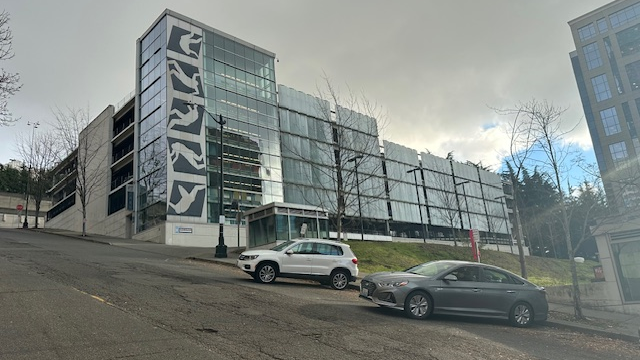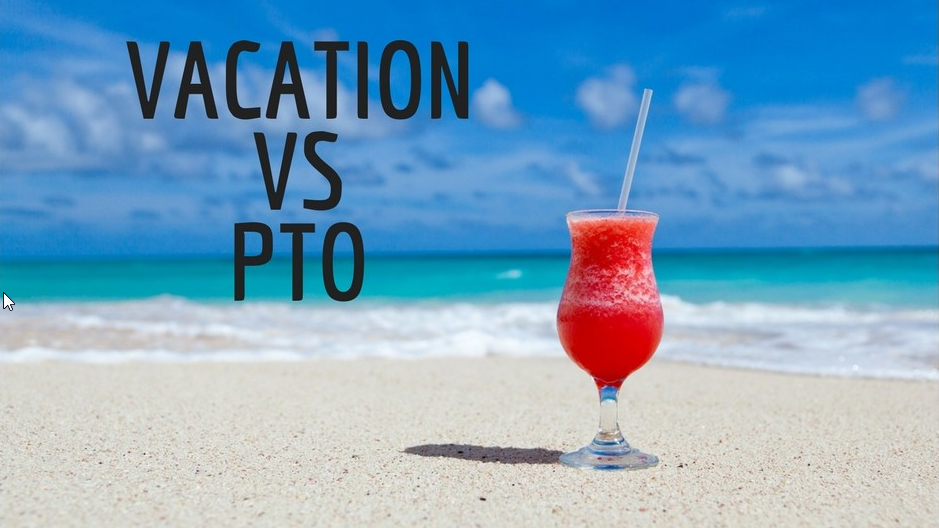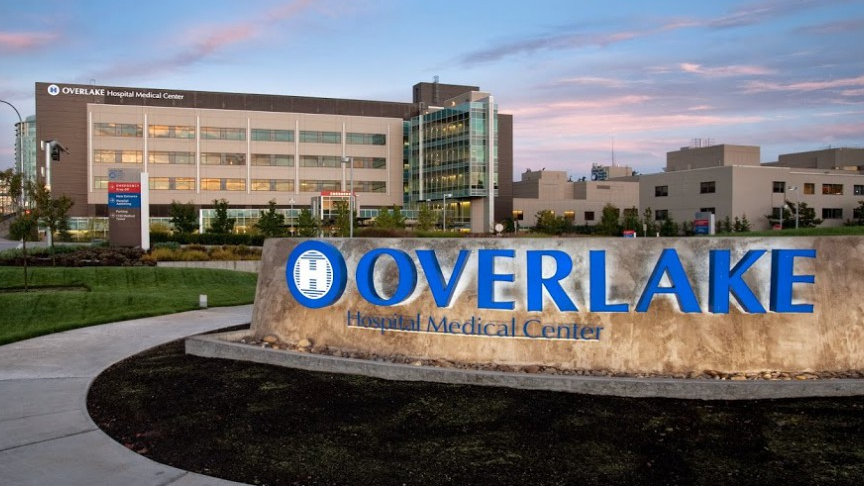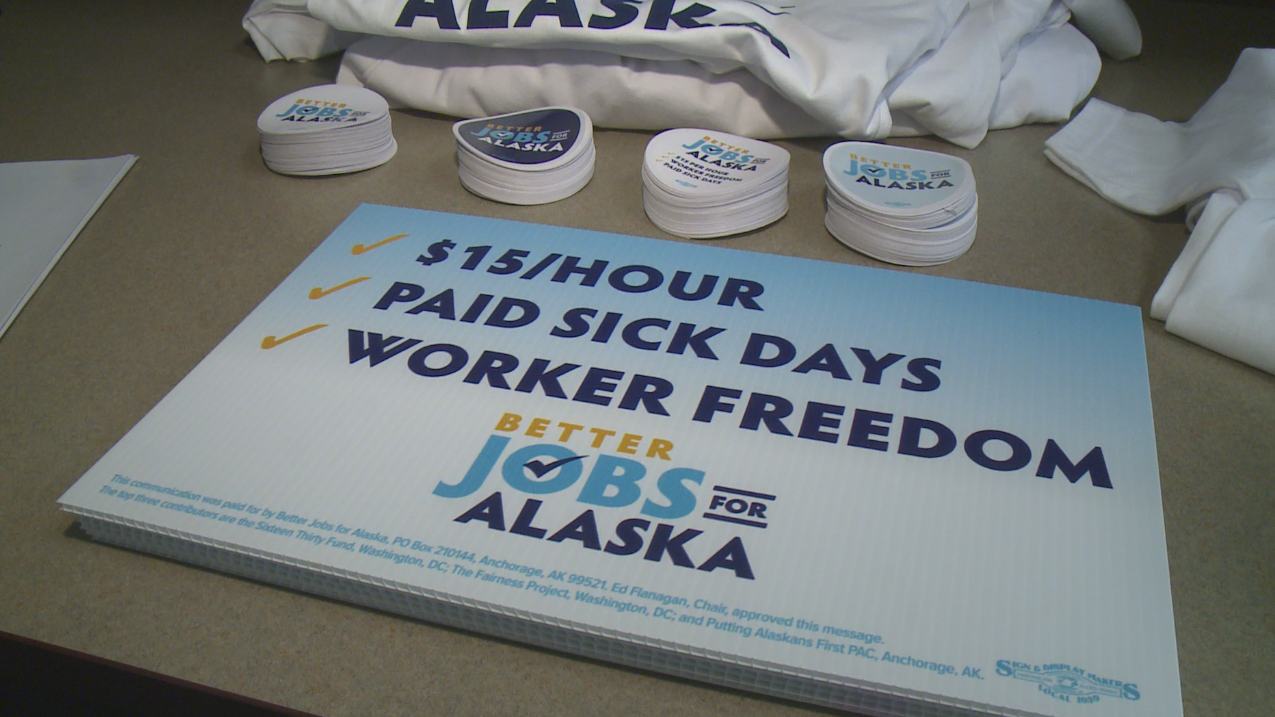On September 30, 2024, the Washington State Court of Appeals sent a strong message to employers. Strict adherence to meal break laws is non-negotiable. In Androckitis v. Virginia Mason Medical Center, the court clarified that failing to provide employees with proper meal breaks can result in significant financial penalties.
The Case: Missed Breaks, Missed Compensation
The lawsuit centered around Virginia Mason Medical Center’s policy on meal breaks. Employees alleged that the hospital did not adequately compensate them for missed meal breaks despite having a system for reporting and paying for time worked during those breaks. The crux of the issue was that employees argued they deserved not just pay for the time worked during missed breaks but additional compensation for the lost opportunity to rest.
The Court’s Ruling: Penalty Pay for Missed Respite
Virginia Mason Medical Center had argued that it should not be required to make additional or penalty payments to employees who work through meal periods in addition to paying them for the time they work. The hospital pointed out that the Washington Minimum Wage Act (WMWA) only requires that employees be paid for the hours worked.
However, the appeals court rejected that argument, stating “it is well-established law that the Washington Industrial Welfare Act (IWA) provides employees “a right to the respite of a meal and rest period, an implied cause of action to enforce that right, and a remedy to compensate them for the loss of the statutorily granted opportunity to have respite from work.”
The court of appeals stated, “Indeed, if an employer could have a policy of providing an employee with an unpaid meal period, require an employee to work during that unpaid meal period, pay that employee for their hours worked, and not provide that employee with another meal period, then, on balance, the employer would receive 30 minutes of additional labor from the employee and the employee would not have received 30 minutes of respite from work.” The Court of Appeals sided with the employees. Even though Virginia Mason paid employees for the missed meal break, it did not give employees the opportunity for respite required by law. The court ruled that employers must pay not only for time worked during missed breaks but also a 30-minute penalty for each missed meal break. This penalty pay can be doubled for willful violations, potentially leading to significant financial consequences for employers.
The decision is significant for employers because it underscores that Washington courts will take employers’ statutory obligations to provide meal and rest periods seriously and will not treat failure to provide such periods as mere technical violations of labor law.
Key Takeaways for Employers
- Meal Breaks Matter: Employers must prioritize meal breaks as a crucial aspect of employee well-being and legal compliance.
- Review and Update Policies: Ensure your company’s meal break policies align with Washington state labor laws and industry best practices.
- Implement Effective Timekeeping Systems: To minimize compliance risks, utilize timekeeping systems that accurately track employee hours and meal breaks.
- Train Supervisors and Employees: Provide training to supervisors on their responsibilities regarding meal breaks and to employees on their rights and how to report issues.
- Document Waivers and Variances: If employees waive their right to a meal break or agree to “on-duty” meal breaks, obtain written consent and ensure compliance with applicable regulations.
- Conduct Regular Audits: Review payroll and timekeeping records to identify potential violations and take corrective action.
- Foster a Culture of Compliance: Promote a workplace culture that values employee well-being and encourages adherence to meal break policies.
Understanding Washington’s Meal Break Requirements
Employees who work more than five hours in a shift must be allowed a meal period. The meal period must be at least 30 minutes long and start between the second and fifth hour of the shift.
Employees may also be entitled to additional meal periods depending on the length of the shift and the timing of the meal period provided. See WAC 296-126-092(2) and (3).
Employees must be paid for meal breaks if:
- They are required to remain on duty.
- The employer requires them to remain on-call on the premises or work site in the employer’s interest, even if they are not called back to duty.
- They are called back to work, interrupting the meal period.
Employees required to work or remain on duty during a meal break are still entitled to 30 total minutes of mealtime, excluding interruptions. The entire meal period must be paid regardless of the number of interruptions. Work performed during meal breaks is considered “hours worked” when calculating paid sick leave and overtime.
Conclusion
The Androckitis decision underscores the importance of strict compliance with Washington’s meal break laws. An employee could be entitled to 120 minutes of damages for a single meal period violation (30 minutes of unpaid time worked during the meal period plus 30 minutes of penalty pay, doubled for willfulness). Accordingly, in light of Androckitis, all businesses with hourly employees in Washington should review their meal period and pay policies.
How We Can Help
Through our world-class time and attendance system, we have a couple of options. Notifications can be sent to supervisors when an employee takes a Short Lunch of less than 30 minutes. Another option is to place restrictions at the clock, not allowing an employee to clock back in from lunch until 30 minutes have passed. Reports can also be generated for audit purposes.
To discuss these or other options regarding Meal Breaks, contact Time Equipment Company at sales@timeequipment.com or 800-997-8463.
*This document simplifies complex Acts as Time Equipment Company understands them. It is not to be taken as legal advice. The regulations for this program are changing. Please contact the Washington Department of Labor and Industries for further information about the Washington Meal Break laws.










